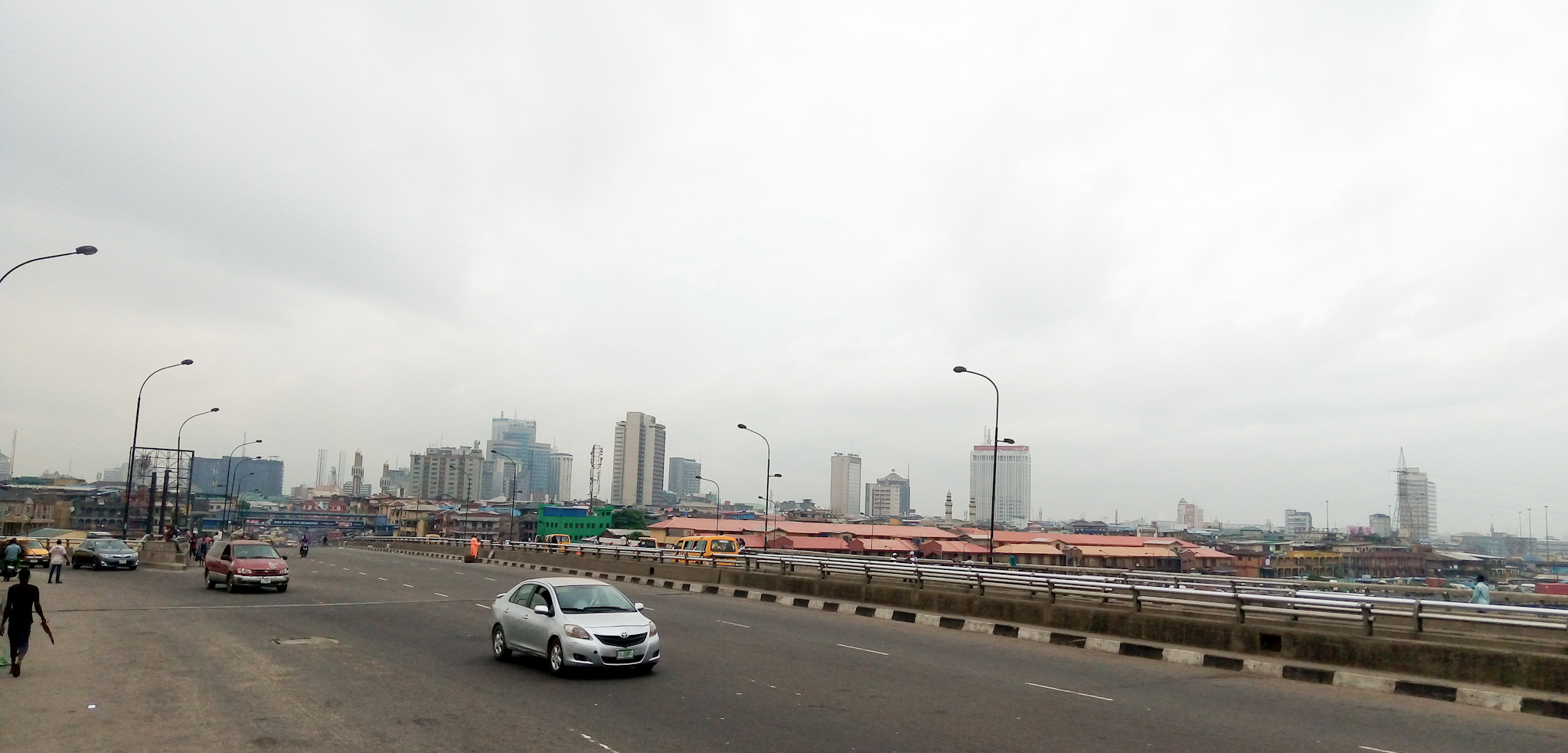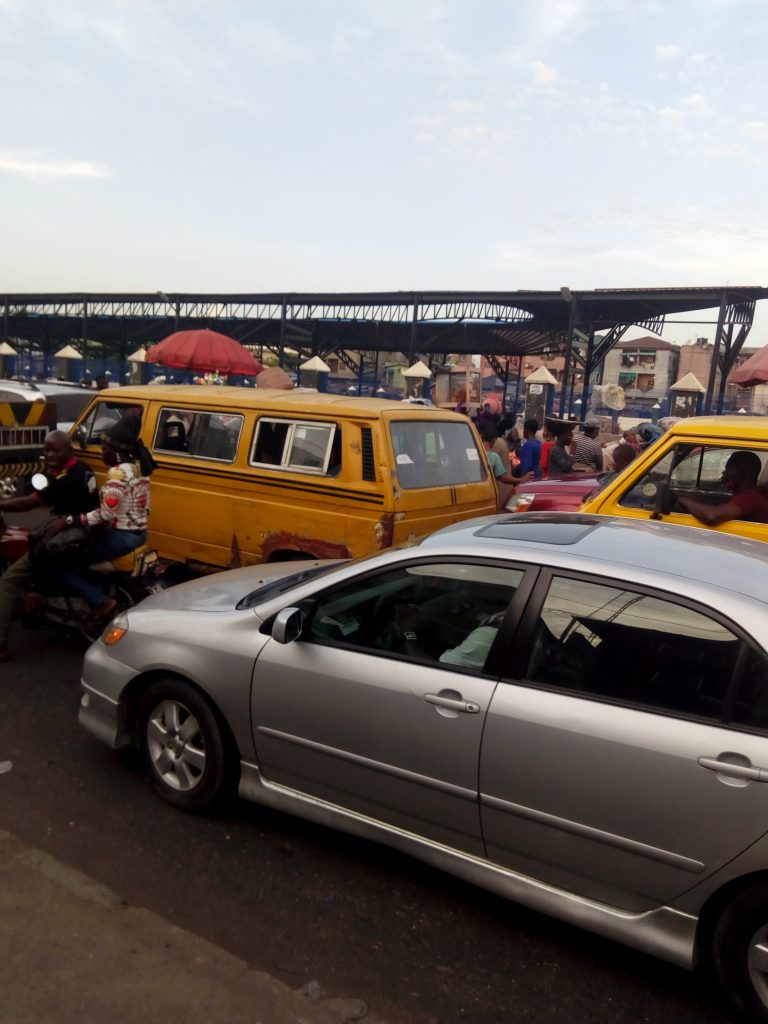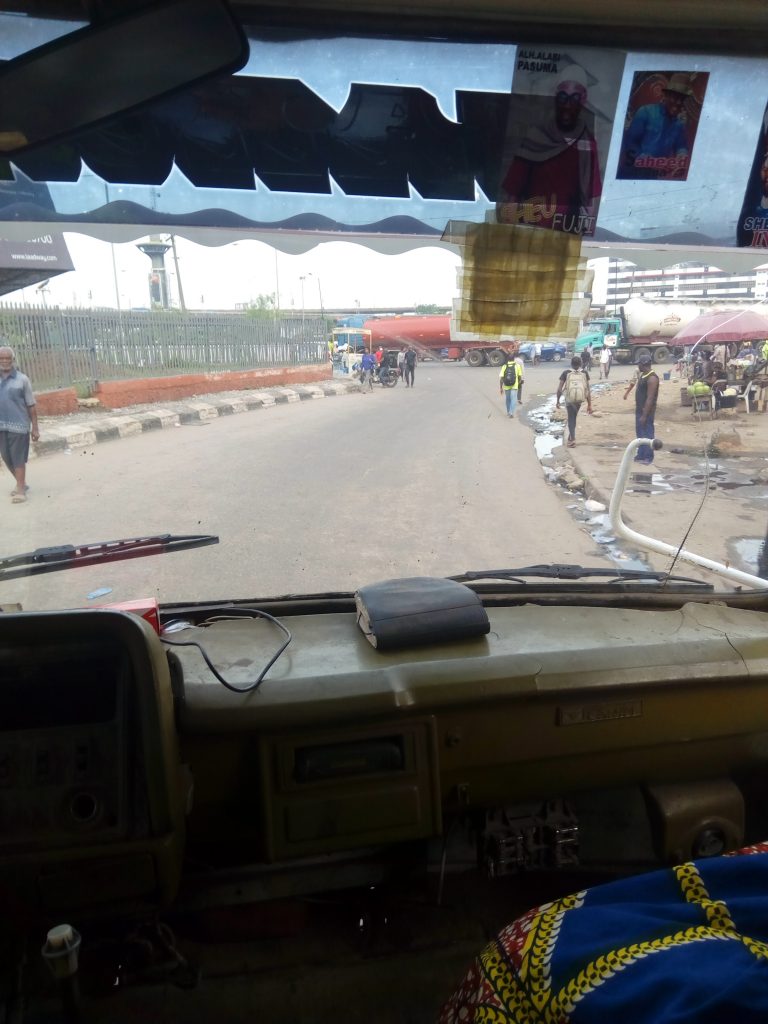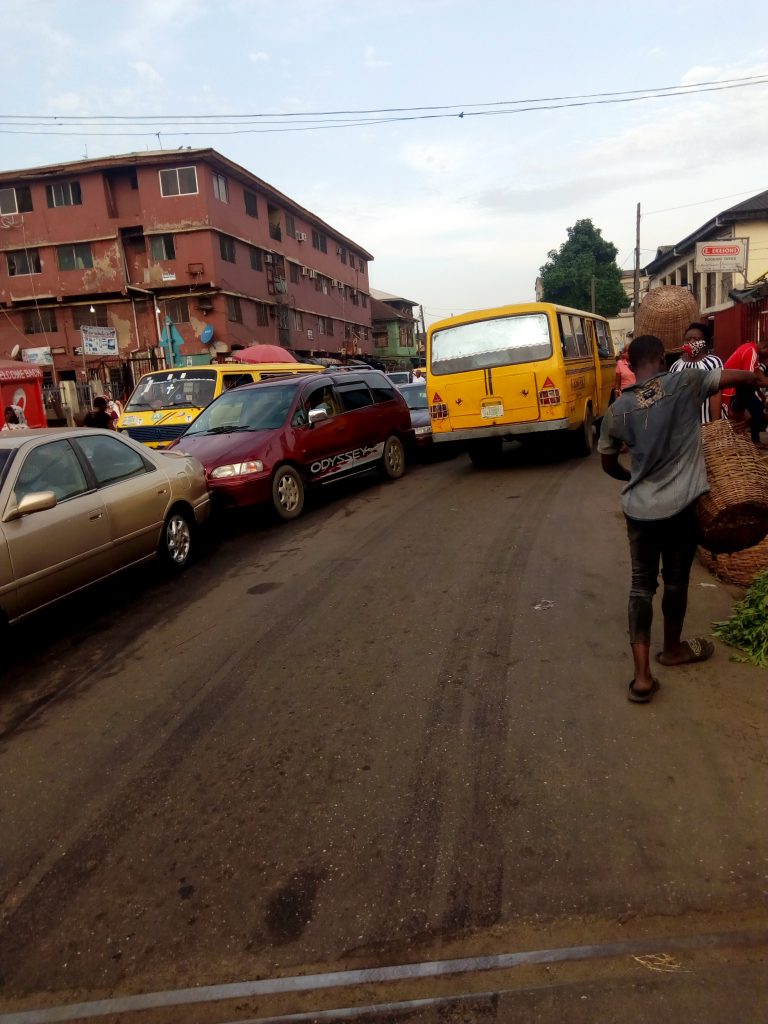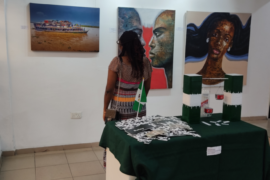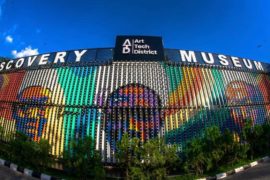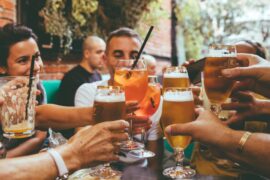As Lagos State government is making frantic efforts in the fight against the coronavirus to flatten the curve of infection among her citizens, some Lagosians are biting their lips over the pandemic which has disrupted normal daily activities. The dreaded and deadly virus which broke out in December 2019, in a Chinese city of Wuhan has disrupted the economies of the world and lifestyle generally. The wave of the virus is altering the socio-cultural and economic life of Lagosians like any other cities around the world.
Nigeria’s commercial hub is at the center of the country’s coronavirus combat. Lagos has the highest number of confirmed cases and the state government has continued to roll out multiple measures to deal with the disease.
For most residents of Lagos state, acclimatizing to the guidelines and measures of the government to curtail the spread of the virus is essential in surviving the COVID19. “With this period of the pandemic lockdown, a lot is changing about Lagos lifestyle” Akorede Rashid, a resident of Lagos observed.
In the wake of the outbreak of the virus in Lagos, schools at all levels were suspended. Workers of government ministries, departments, and agencies below level 14 who were not on essential services were asked to stay and work from home. Most private businesses were shut down with markets operating based on government guidelines.
“We are tracking how people are complying. I want to reiterate that in the coming days if we do not see the level of compliance that we expect to see, we will be left with no option than to clamp the system again”. These are the words of governor Babajide Sanwo-Olu on Tuesday at a swearing-in ceremony of High Court judges in Lagos. The governor said there was a delicate balance between preserving security and the lives of people, tasking Lagosians to play their part by respecting all necessary measures put in place.
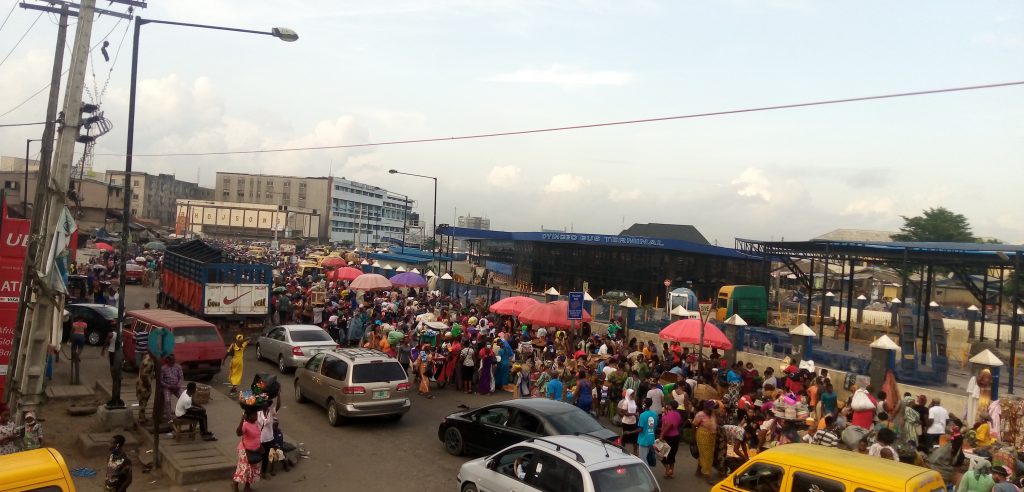
Meanwhile, the state government continues to issue guidelines for different sectors of the economy amid the eased lockdown. “It is my opinion that the furor over Covid19 is driven purely by the fact that it’s a global pandemic, but in a sense, that is good for us, if it will lead to a change in the way we look at our public healthcare systems at the very least. Now we understand the importance of the availability of ambulances, motivated health care personnel, and well-equipped medical facilities, for the first time, because the highest and the mightiest could not run abroad for treatment as usual” Gbadamosi Olalere said.
Lagos is one of the cities in Nigeria, West Africa that inhabits over 20 million people. The fastest-growing metropolitan city in the emerging economies of Africa. It is arguably the most economically important state of the country, the nation’s largest urban area. It is a major financial center and would be the fifth-largest economy in Africa. The lush of the city to the bustling and hustling life of the people. The ever-busy pubs, noisy scenes in some suburbs, the dreaded traffic jam in third mainland bridge is home to all and sundry in search of life and survival. The scenery of emerging urban shelters in Lekki and Banana Island and the bubbling city lifestyle is what makes the city exuberant, colored, and glamorous to be the “Eko” as its popularly called in native Yoruba language.
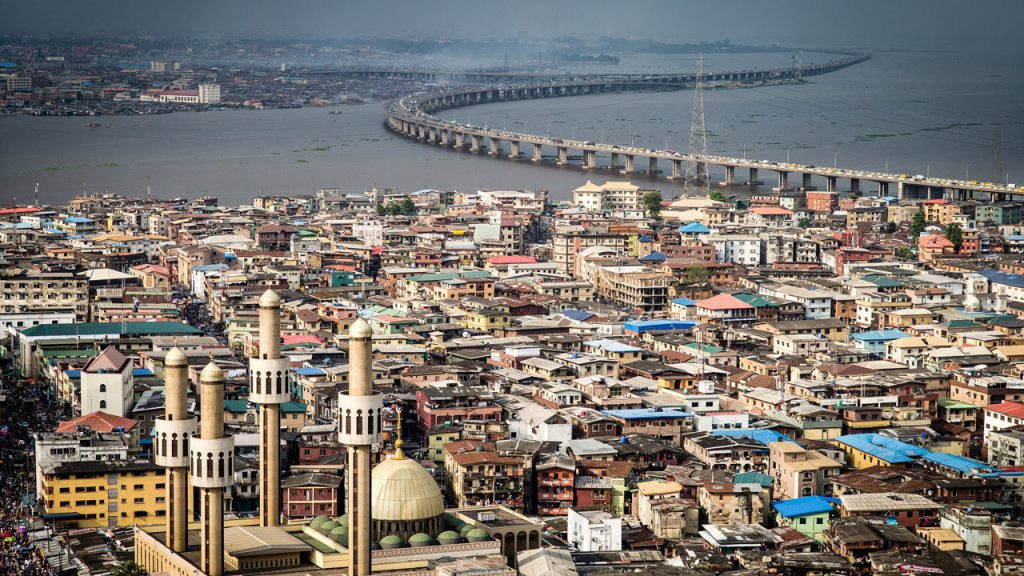
But much is changing about the ever-busy city within the few months of the outbreak, its lifestyle and culture. Although it is not the first time the city is hit by a pandemic, Ebola too was one of the dreaded cases in the past which took its toll on the people and their living a few years ago. But not with a severe disruption as seen with Covid19.
Babatunde Olalere, a real estate developer and a businessman said: “Urban life in Nigeria needs to change, not just in Lagos alone. Our approach to personal hygiene, education in formal and informal settings, crowd control, public building architecture, and design, how we relate with one another, public transport systems, our public health system, all must change going forward. The first warning was the Ebola epidemic which we handled well, but did not maximize in terms of lessons learned. Many things that ought to have changed remained the same, and Lassa fever came along. Still, we chose to almost ignore that one” he said.
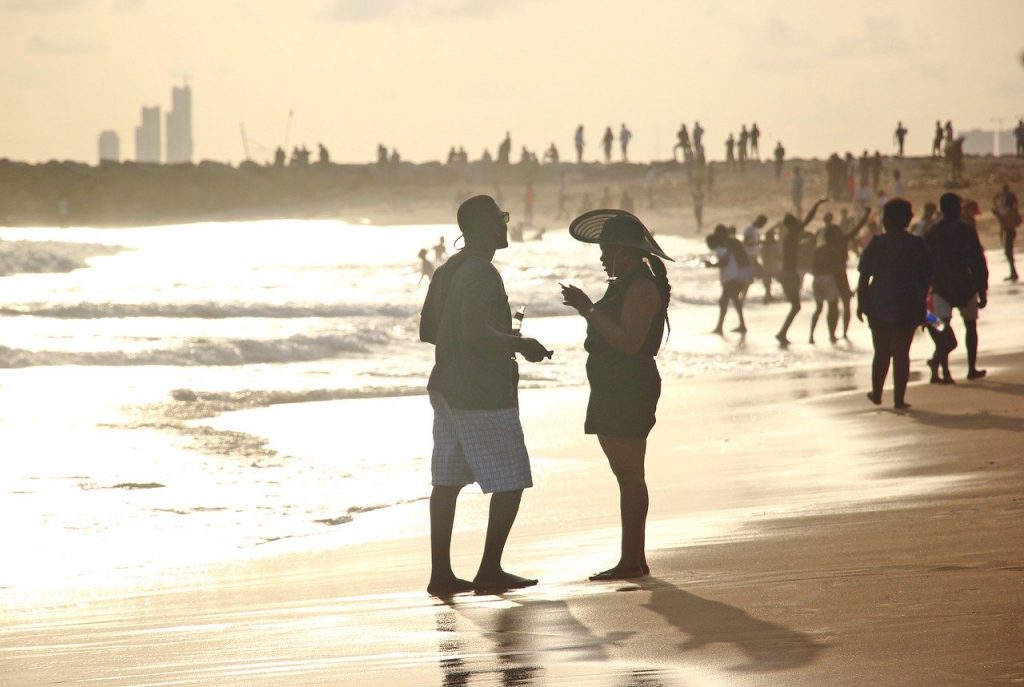
Further to the regulations and measures as it continued to be rolled out and reinforced by the state government, would Lagos ever return to its normal lifestyle? This is a question that has left many residents in Lagos wondering and gnashing their teeth, the impact of the lockdown on their lives, how fast they are already missing the usual old show of their loved city.
Olalekan Fatai, a banker who lives in Lagos for over five years said social life will change and adjust since no one knows how soon the pandemic will end. “There is a possibility that many things will change about living in Lagos and its lifestyle at last for good,” he said. These lifestyles are becoming gradually replaced with new social ways of life forced on the people by the pandemic. Noticeably, the social life of Lagos city is second to none compared to other cities in Nigeria.
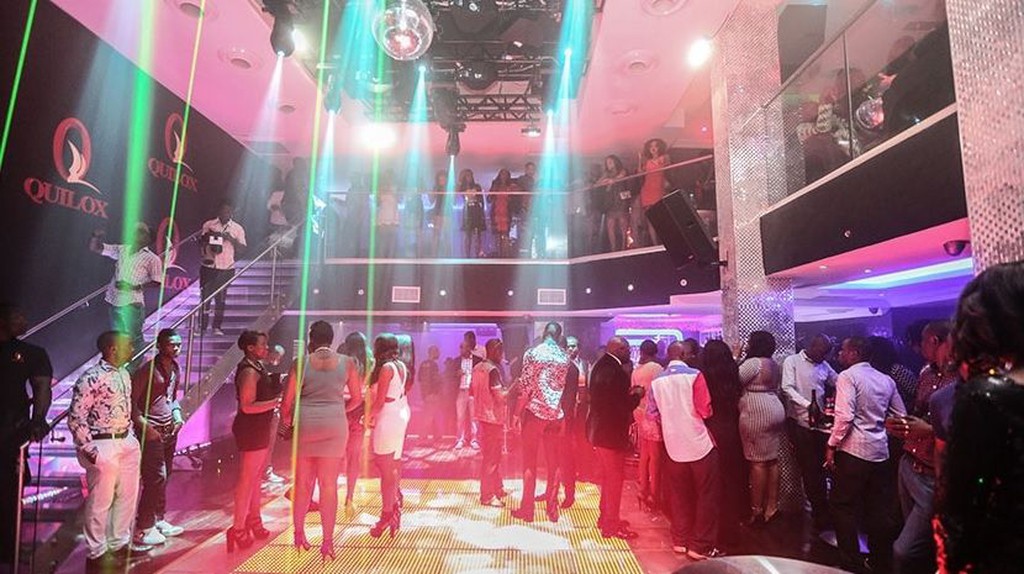
Talk of the social gatherings, the exuberance of Owambe parties, the furious street life, the vibrant night lives, arts and music, cinemas, and market trades. These are all the cultures that herald the beauty of a typical life in Lagos.
While many others have not been to clubs and parties, Femi Kiddani said he has been homesick. “I have become homesick and have not been to a party or club for a month. This is unusual. I think a lot is changing my life during this period. Even the fear alone has made one extremely careful of anything about life. I may not be doing so much of the stuff I used to do before because I live in fear every day. It could be for good because after the coronavirus is gone, the city will thrive more” he noted.
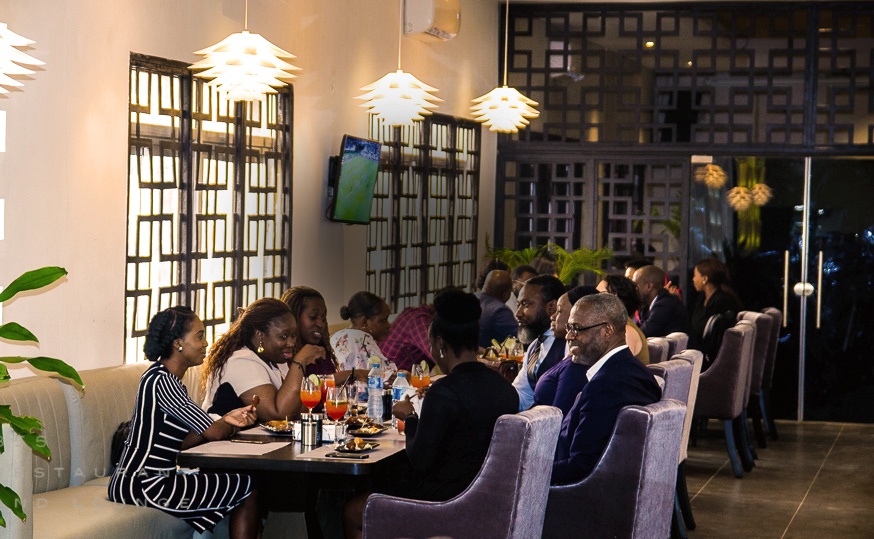
Olalere further asserts that “Our outdoor dining culture will be affected, and our traditional food vendors will need to adjust massively in terms of basic food hygiene. This will require sensible but unobtrusive government intervention schemes that will allow businesses to carry on, but with changes. If we cannot do business, especially at the lowest levels, most urban centers in Nigeria would simply die. However, we have to find ways of doing business safely and in ways that help preserve the health of our customers. Already Lagosians rely more on home delivery service providers, so this is one area that needs to be smartly and efficiently regulated not necessarily for the financial gain of government, but the protection of citizens so that measures in preventing the spread of the virus do not end up becoming a major vector” he said.
The lockdown and physical distancing are consciously conditioning Lagosians to adjust to fit into new ways of living, reuniting, and creating more bonds among families. It has changed the social and interpersonal interaction among members of the public.
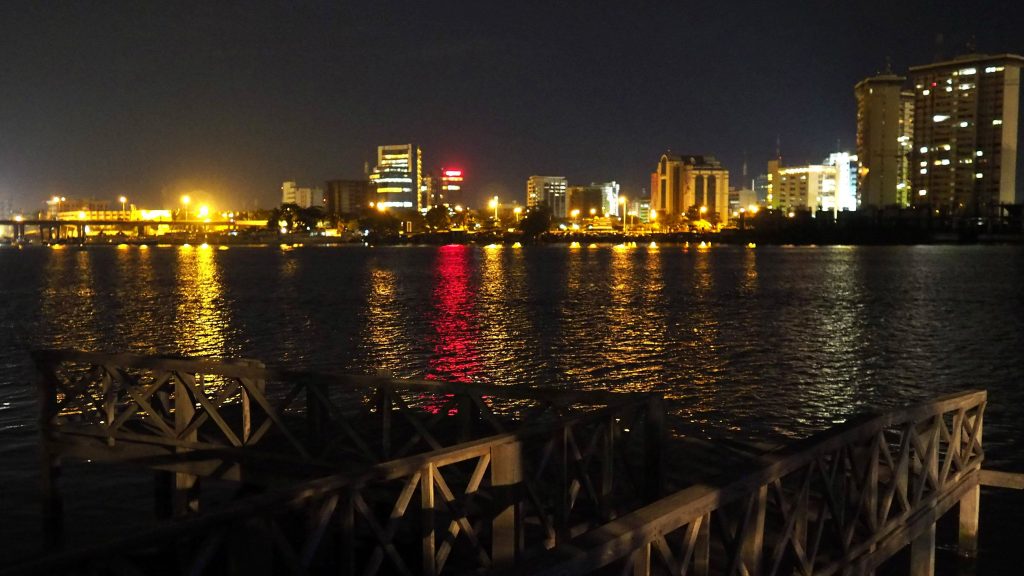
Will post-COVID-19 bring back the Lagos life we know and are accustomed to? Lagosians are left with much to think about as the struggle continues in the fight against the virus just as it seems that the virus may not be ending anytime soon. “Enough is not changing yet, but it must, for the good of all and it is better if it is voluntary, but driven by massive citizen education by the government”. Olalere said.


